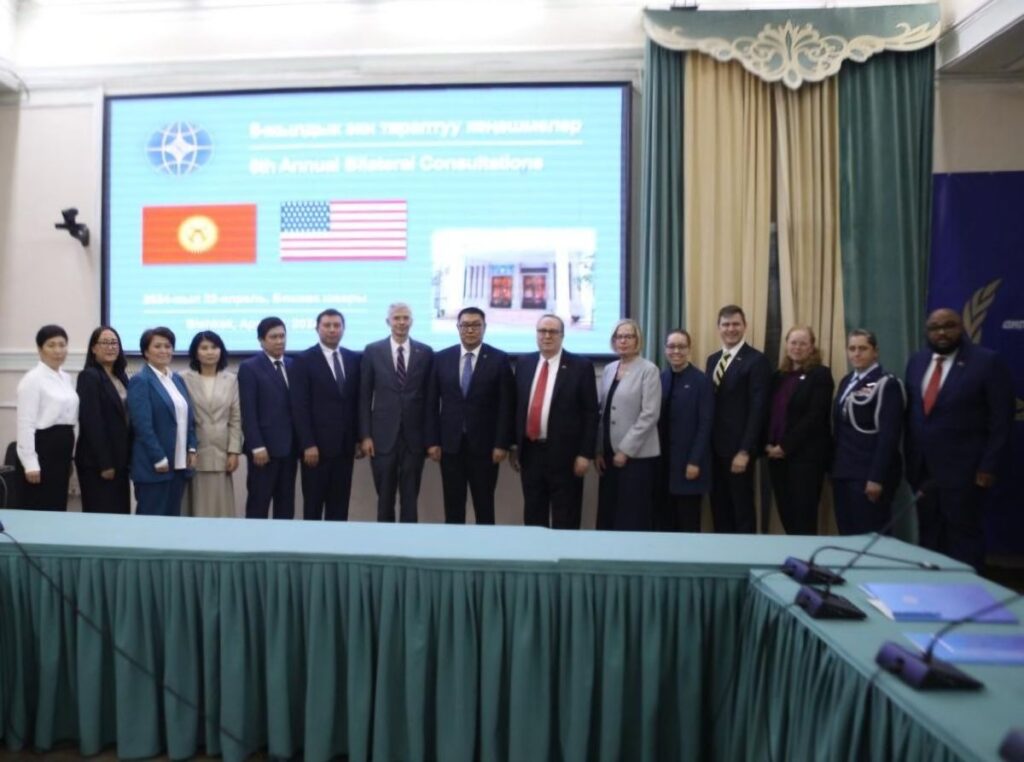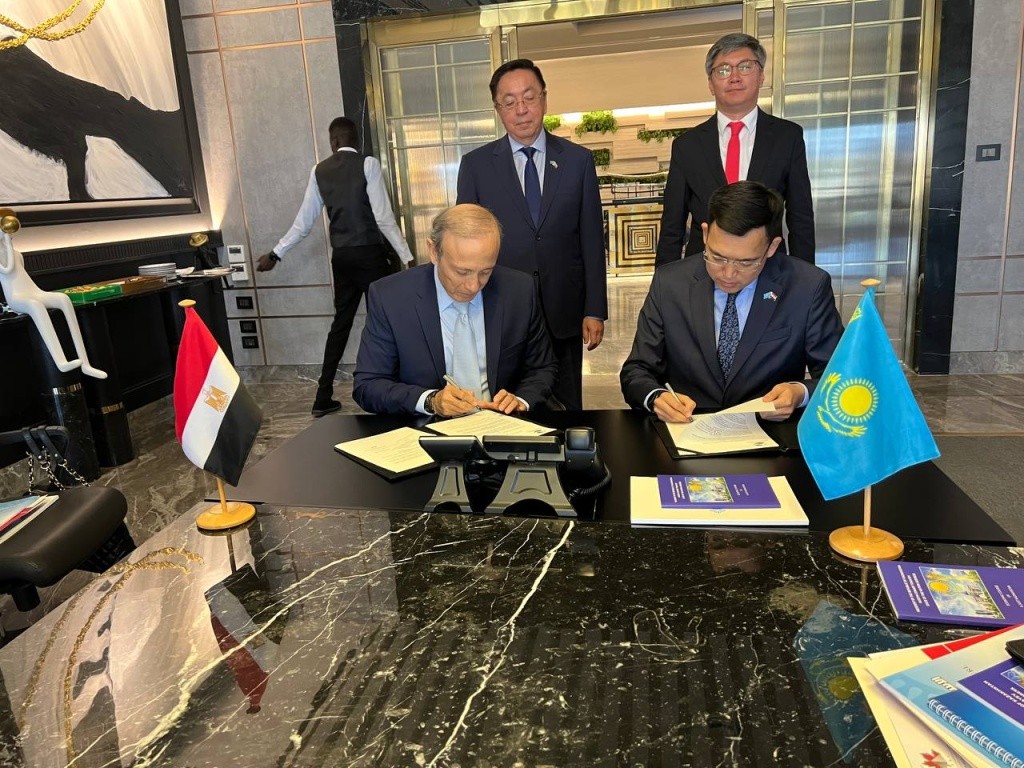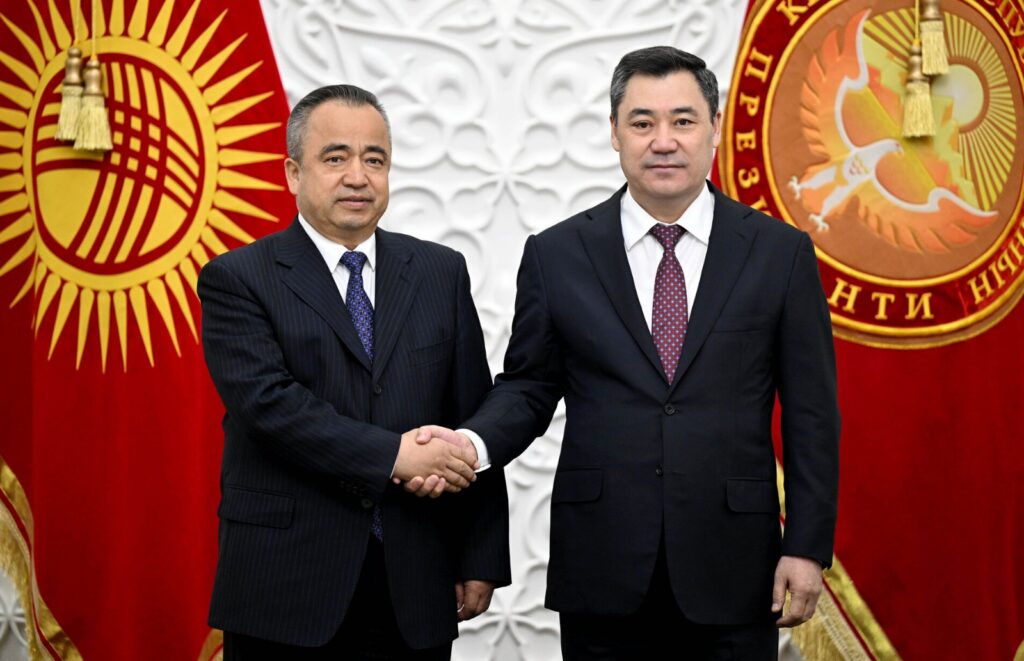Kyrgyzstan and U.S. Review Political, Security and Economic Cooperation
On April 22 Bishkek hosted Annual Bilateral Consultations led by the Deputy Foreign Minister of the Kyrgyz Republic Aibek Moldogaziev and U.S. Deputy Assistant Secretary of State for South and Central Asian Affairs John Mark Pommersheim. Referencing the historic C5+1 Summit held on September 22, 2023 in New York, the parties commended its positive impact on regional cooperation and the U.S.-Kyrgyzstan commitment to enhancing U.S.-Central Asia regional partnership. Deputy Foreign Minister Moldogaziev and Deputy Assistant Secretary Pommersheim reaffirmed the importance of annual bilateral consultations in advancing shared priorities, including political and security cooperation, economic partnership and support for civil society and rule of law. Under security cooperation, discussions focused on counterterrorism, border protection, global health security, and continued defense cooperation, with the United States reiterating its unwavering support for Kyrgyzstan’s sovereignty, territorial integrity, and independence. Both sides emphasized their commitment to grow and diversify the Kyrgyz economy, increase U.S. private sector investment, improve regional connectivity and trade, expand agricultural cooperation, and advance partnership on critical minerals and the green economy. Collaboration on the continued commitment to addressing social issues included furthering economic opportunities for persons with disabilities, and measures to protect public health. Looking towards the realization of creating a resilient, prosperous, and secure Kyrgyzstan, delegates listed media freedom, a strong civil society, respect for human rights -including women’s rights- stronger protection against gender-based violence, judicial independence, and combating corruption, as essential. The parties also discussed the importance of continuing to increase cooperation through educational and English language programmes, emphasizing the important role of direct personal interaction in the countries’ bilateral relationship.





